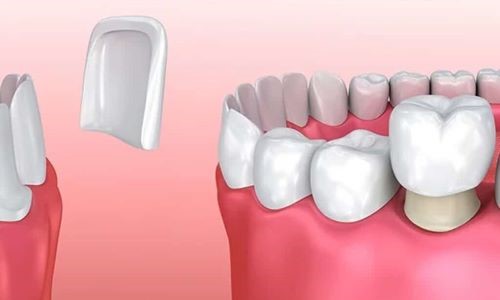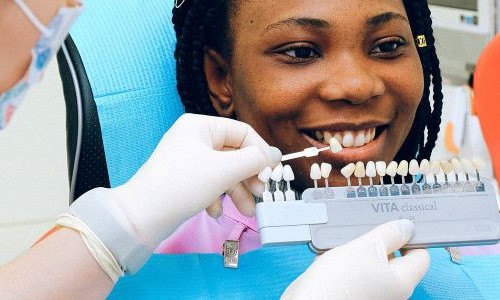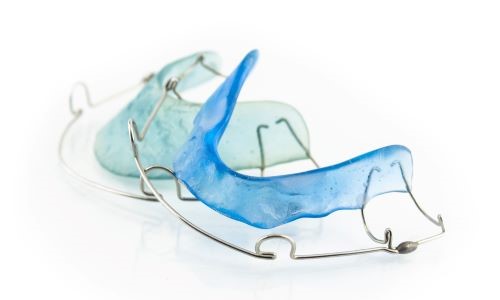Baby teeth, also known as primary teeth, are often overlooked in discussions about dental health. However, these little teeth play a crucial role in a child’s overall well-being and development.
Foundation for Proper Nutrition and Speech Development:
Baby teeth serve as placeholders for permanent teeth, guiding them into the correct position as they erupt. Properly aligned primary teeth are essential for chewing and biting, allowing children to eat a nutritious diet that supports their overall health and development. Additionally, baby teeth play a vital role in speech development, helping children learn to pronounce sounds and form words correctly.
Maintaining Space for Permanent Teeth:
Primary teeth create space in the jaw for the eruption of permanent teeth. If baby teeth are lost prematurely due to decay or injury, neighboring teeth may shift into the empty space, leading to crowding or misalignment of permanent teeth. This can increase the need for orthodontic treatment later in life. By maintaining the integrity of primary dentition, parents can help ensure proper alignment and spacing of permanent teeth.
Impact on Facial Structure and Self-Esteem:
Healthy baby teeth contribute to the development of proper facial structure and aesthetics. Primary teeth support the lips and cheeks, giving the face its shape and form. Additionally, a bright, healthy smile can boost a child’s self-esteem and confidence, fostering positive social interactions and emotional well-being. Caring for baby teeth not only promotes oral health but also enhances a child’s overall appearance and self-image.
Early Detection of Dental Issues:
Regular dental check-ups starting from an early age allow pediatric dentists to monitor the development of primary dentition and detect any potential issues early on. Dental visits provide an opportunity to identify and address concerns such as tooth decay, cavities, and developmental abnormalities before they progress into more significant problems. Early intervention can prevent complications and minimize the need for extensive dental treatment in the future.
Establishing Healthy Oral Hygiene Habits:
Teaching children proper oral hygiene habits from a young age sets the foundation for a lifetime of good dental health. By introducing children to toothbrushing, flossing, and regular dental visits early on, parents can instill healthy habits that will benefit them throughout their lives. Positive experiences at the dentist during childhood also help foster a positive attitude towards dental care and reduce anxiety about dental visits in the future.
Baby teeth may be small, but their role in a child’s oral health and overall development is immense. From supporting proper nutrition and speech development to maintaining space for permanent teeth and promoting self-esteem, primary dentition plays a vital role in a child’s well-being. By understanding the importance of baby teeth and prioritizing their care, parents can help set the stage for a lifetime of healthy smiles for their children.

















